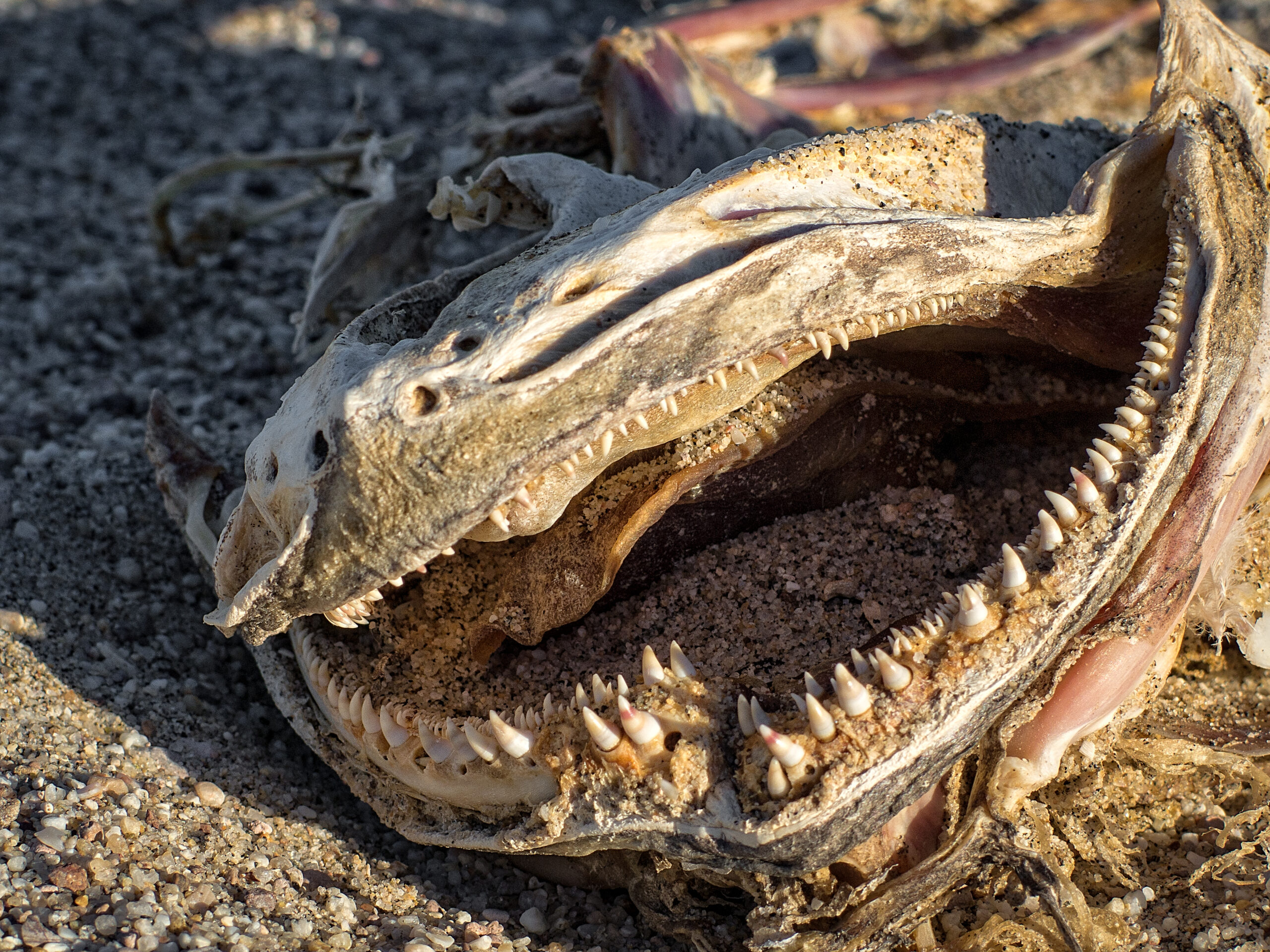Does tooth decay affect baby teeth?
Title: Does Tooth Decay Affect Baby Teeth?
Introduction:
As parents, we understand how important it is to ensure the well-being of our children, especially when it comes to their dental health. While we may prioritize the care of their permanent teeth, it is equally crucial to understand the impact of tooth decay on their baby teeth. Contrary to popular belief, baby teeth play a significant role in a child’s overall oral health. In this blog, we will delve into the effects of tooth decay on baby teeth and why it should not be overlooked.
The Role of Baby Teeth:Baby teeth, also called primary teeth, begin to erupt between the ages of six months and one year. These teeth are essential for a variety of reasons, including:
1. Facilitating proper nutrition: Baby teeth play a vital role in chewing food, aiding digestion, and ensuring that children receive the necessary nutrients for healthy growth and development.
2. Speech development: Baby teeth assist in the correct formation of sounds and the development of clear speech patterns.
3. Maintaining space for permanent teeth: Baby teeth act as placeholders, ensuring that there is adequate space for permanent teeth to erupt properly. Premature loss of baby teeth due to decay can lead to misalignment and orthodontic issues in the future.
Effects of Tooth Decay on Baby Teeth:Tooth decay, commonly known as dental caries or cavities, is a bacterial infection that damages the tooth structure. While baby teeth are temporary, ignoring decay can have long-lasting consequences. Here’s how tooth decay affects baby teeth:
1. Pain and discomfort: Untreated cavities can cause intense pain and discomfort, making it difficult for children to eat, speak, or sleep.
2. Infection and abscesses: Severe decay can lead to infections and abscesses in the mouth, which can be extremely painful and require immediate dental intervention.
3. Premature loss of baby teeth: Decay that progresses unchecked can lead to the premature loss of baby teeth, disrupting the natural eruption and alignment of permanent teeth.
4. Impact on permanent teeth: Baby teeth play a crucial role in guiding permanent teeth into their proper positions. If baby teeth are lost prematurely due to decay, it can result in misalignment or overcrowding of permanent teeth, leading to orthodontic issues later on.
Prevention and Treatment:Preventing tooth decay in baby teeth is crucial for their long-term oral health. Here are some preventive measures to consider:
1. Establish good oral hygiene habits: Start gently brushing your child’s teeth as soon as they appear, using a soft, age-appropriate toothbrush and a smear of fluoride toothpaste.
2. Limit sugar consumption: Reduce the intake of sugary foods and drinks, especially before bedtime. Introduce healthy snacks such as fruits and vegetables instead of sugary treats.
3. Regular dental visits: Schedule regular check-ups with a pediatric dentist, starting from your child’s first tooth eruption. These visits help identify any early signs of decay and allow for timely intervention.
4. Fluoride supplementation: Consult with your dentist to determine if your child needs fluoride supplements, which can help strengthen tooth enamel and prevent decay.
Conclusion:
Tooth decay can have detrimental effects on baby teeth, impacting not only a child’s oral health but also their overall well-being. Understanding the role of baby teeth and taking proactive steps to prevent and treat decay is crucial for maintaining a healthy smile and setting the foundation for optimal oral health throughout their lives. Remember, good dental habits start early, so prioritize your child’s dental health and consult with a pediatric dentist for personalized advice and guidance.



